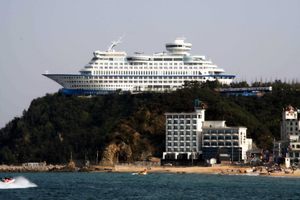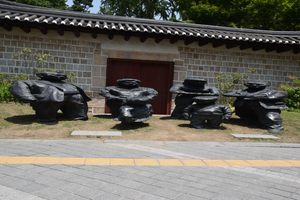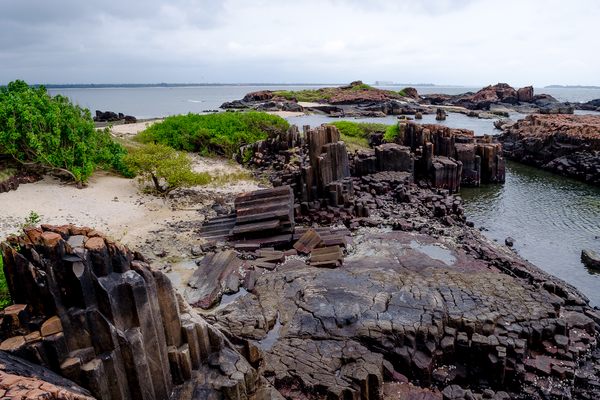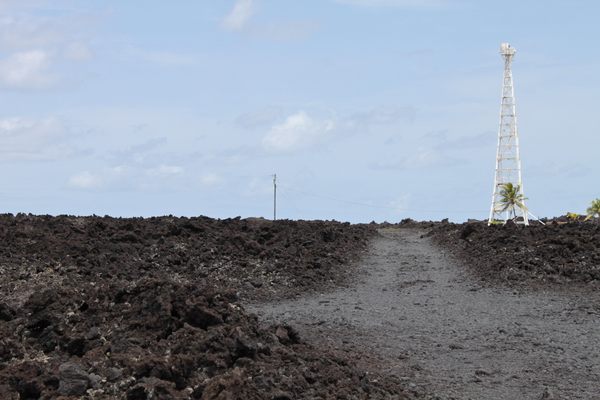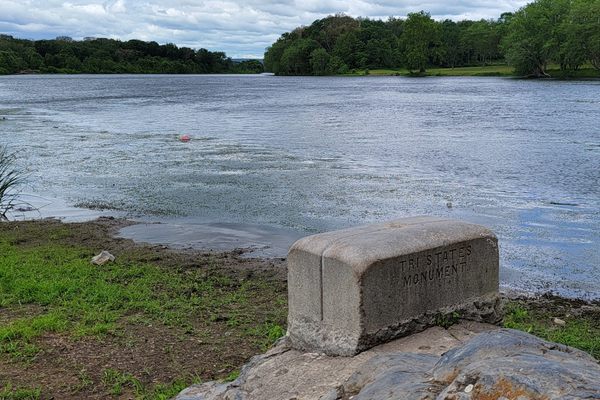About
A laid-back community of surfers has sprouted up in a place once rife with volatile political strain. From this stretch of golden-white sand, they enter the sea to catch waves in one of the country’s best under-the-radar surfing spots.
After Japan ceded control of Korea toward the end of World War II, the country was sliced in half, with Soviet Russia taking control of the North and the United States occupying the south. This invisible line, drawn along the 38th parallel north, divided the formerly united country into two hostile pieces. It remained the barrier between North and South Korea until it was replaced by the Military Demarcation Line after the end of the Korean War.
Though no longer part of the Korean Demilitarized Zone, the 38th parallel north still circles through an extremely politically charged part of the world. Yet surprisingly, it also runs across a sliver of beachy paradise, which is home to a military base, rest stop, and a small but thriving surf community.
In-the-know Seoul residents make the three-hour journey on the weekends to take advantage of the clean break at the 38th Parallel Beach. They’re often joined by expats and other foreign surfers who were lured to the spot by whispers of superb waves.
Though the military members marching nearby and barbed wire fences poking above the sand are stark reminders of the area’s lasting tensions, the surfers don’t let it kill their beachy vibes. They descend upon the remote beach throughout the year, sometimes wading through thick snow to catch waves in one of the most unique surfing experiences in the world.
Related Tags
Know Before You Go
To get to the 38th Parallel Beach from Seoul, take a bus from the Dong-Seoul bus terminal to Hajodae. Take a taxi from there to the 38th Parallel beach, located about two miles away.
Published
February 15, 2018

















